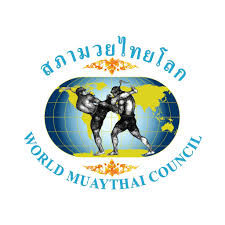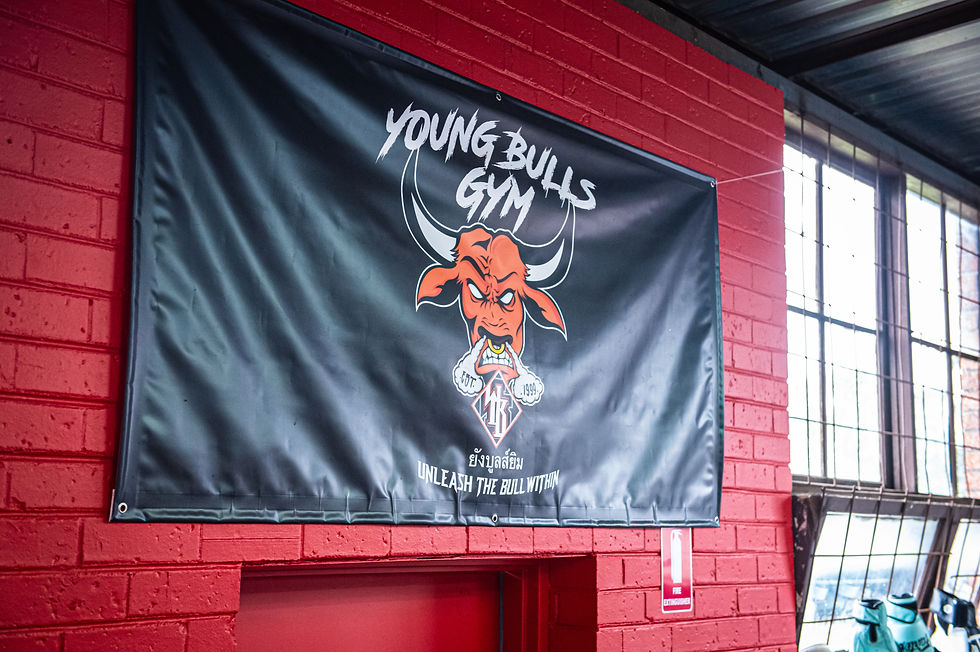Styles of Coaching
- Albert Xavier
- Aug 29, 2025
- 3 min read
Each Muay Thai gym or trainer has their own coaching style, which can be beneficial for some and not work for others. There isn't one definitive list, as different models and perspectives exist. However, here are some common and widely recognized styles of coaching. These styles, based on the coach's approach, are seen today not only in Muay Thai but also in most traditional sports such as Football and Rugby.
Autocratic (The Drill Sergeant): This Muay Thai coach makes decisions with little to no input from the individual or team. This style emphasizes discipline and a clear direction from the coach.
Emphasizes discipline, structure, and a clear hierarchy.
Can be effective in situations requiring quick decisions or with athletes needing strong direction.
However, it can stifle creativity and athlete input.
Democratic (The Politician): This Muay Thai coach involves the individual or team in the decision-making process, fostering collaboration and a sense of ownership.
The coach involves athletes in the decision-making process, valuing their input and collaboration.
Fosters trust, communication, and a sense of ownership among athletes.
Can lead to greater buy-in and motivation but might be slower in decision-making.
Holistic (The Spiritual One): This Muay Thai coach focuses on the whole person, considering their mental, emotional, and physical well-being, not just performance.
Focuses on the athlete as a whole person, considering their mental, emotional, and physical well-being.
Prioritizes personal growth alongside athletic development.
Often involves building strong relationships and understanding individual needs.
Laissez-faire (Go with the Flow Guy): This Muay Thai coach takes a hands-off approach, giving the individual or team a lot of autonomy and decision-making power.
A more hands-off approach where the coach provides minimal direction and allows athletes significant autonomy.
Relies on athletes to be self-motivated and take responsibility for their training and performance.
Can foster independence but may not be suitable for all athletes, especially those needing more guidance.
Visionary (The Fortune Teller): This Muay Thai coach articulates a clear and compelling vision, motivating and guiding the individual or team towards that future.
Focuses on encouraging and motivating athletes through positive reinforcement, enthusiasm, and vision.
Aims to build confidence and a strong belief in their abilities.
While important, it needs to be balanced with technical and tactical instruction.
Mindful (The Conscious One): This Muay Thai coach emphasizes self-awareness and reflection, helping the individual become more conscious of their thoughts, feelings, and behaviors.
Aims to help athletes develop a strong mental game, overcome limiting beliefs, and achieve significant personal growth alongside their athletic goals.
Transformational (The Motivator): This Muay Thai coach focuses on inspiring significant personal and professional growth by challenging beliefs and fostering intrinsic motivation.
Concentrates on identifying problems and working collaboratively with athletes to find practical solutions.
Emphasizes the athlete's strengths and resources in overcoming challenges.
The most effective coaches often adapt their style to the individual, the situation, and the goals they are trying to achieve. In Muay Thai, there isn't one single way to lead fighters. Different coaches adopt various styles based on their personality, the athletes they work with, the sport itself, and the specific situation. It's also important to note that many coaches blend different styles depending on the context. A coach might be more autocratic during a crucial moment but more democratic during training sessions. Different cultures and traditions create different environments, so having a situational approach is often the best way to get the best out of people, as one size does not fit all.









Comments